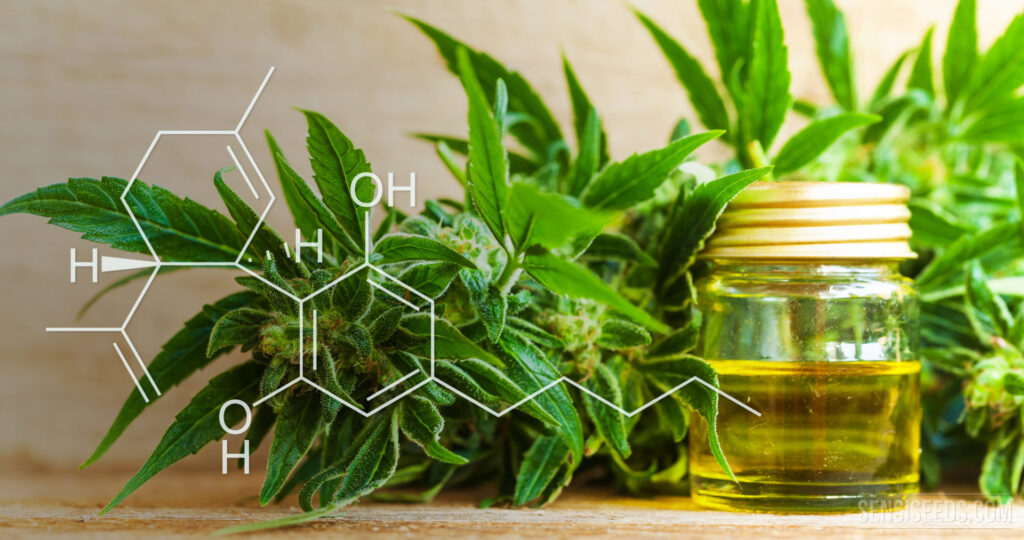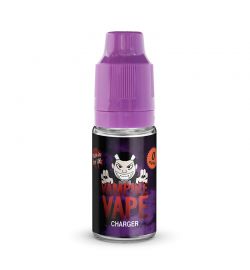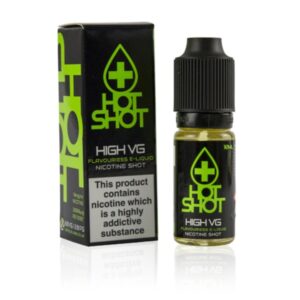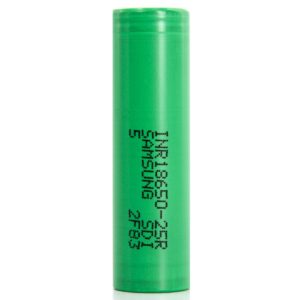
You’ve probably seen CBD products on the shelves in Highstreet shops and it’s likely you know at least one person that’s actively used it in the past. With CBD’s popularity exploding over the last decade or so and an estimated 1.3 million people using it regularly in the UK alone. It’s become a major staple of the health and wellness industry as well as a point of serious public debate. But just what the hell is CBD and why are so many people advocating for its use? Well, let’s take a look.
We’ll start with the name. CBD stands for cannabidiol and is one of 113 cannabinoids found in the cannabis plant. All of these cannabinoids have different effects on the body with some being more desirable than others. All of them do this by interacting with what’s known as cannabinoid receptors that are found naturally in the cells of the body and ultimately affect how the brain behaves. There may very well be benefits to some of the others but CBD is the one that has the largest appeal and evidence base for its use as a health supplement.

For a start, unlike the other high profile cannabinoid tetrahydrocannabinoid, or THC, CBD has no psychoactive effect meaning it doesn’t alter your mental state. With the psychoactive effect of THC often described as the feeling of getting ‘high’ or ‘stoned’. THC is illegal in the UK because of this psychoactive affect and the products you buy at Refax Vapes will be painstakingly researched to ensure they comply with the strict legal requirements of CBD products to be virtually THC free. Rather, CBD has become famous for its promising potential to treat medical conditions from epilepsy and PTSD to chronic pain and depression.
The gist of the theory is, that there are two main types of cannabinoid receptors found in human cells: the CB1 and CB2 receptors. CB1 receptors are found throughout the body but are focused around the brain. They help co-ordinated our movement and appetite as well as our mood, emotions and memory. CB2 receptors on the other hand deal exclusively with our immune system, affecting things like inflammation and pain. There is evidence to suggest (link below) that by taking CBD, which interact with both of these receptors, it will stimulate the body into producing more of its own cannabinoids. These ‘home made’ cannabinoids being called endocannabinoids. So, by stimulating out bodies into producing more of its own endocannabinoids with CBD infused products we may be able to get out bodies to function and recover better.

Whilst, the clinical data for CBD is still in its infancy meaning any concrete claim about CBD’s medical benefits is hard to prove. Governments and public health organisations around the world are starting to pay far more attention to the possible evidence for its health benefits. With the WHO claiming in a 2017 report (link down below) that CBD use could help in providing relief for people suffering debilitating conditions like Alzheimer’s disease, Parkinson’s and even cancer as well as general pain and depression. Whilst, both the UK and US governments have begun putting cannabis oils, which contain CBD as a main component, on prescription for those suffering from rare forms of epilepsy where more conventional treatments have failed. You can only expect the application of CBD based treatments to keep getting more popular.
Now, CBD fever hasn’t caught on everywhere. There are still places that treat CBD use as seriously as THC consumption. With a mainstream news story in 2021, of a 24 year old football coach in Dubai being sentenced to 25 years in prison for possessing 4 bottles of CBD vape liquid. Showing it still has a long way to go. But let’s not forget that in similar places like Quatar and thailand taking a vape pen or E-liquid containing nicotine could see you facing thousands in fines or even jail time. Hopefully, these places will eventually begin to see the potential benefits of such things and will become less hostile to things now normalised in the West.
Overall, CBD’s popularity will likely only continue to rocket upwards and we will have more and more evidence of what exactly CBD does and doesn’t do. But as it stands the evidence looks positive. Now, hopefully it’s obvious that you should always consult a doctor before trying to treat a medical condition with a new treatment like CBD. But if you are looking for a natural supplement or just something to help you relax at the end of a hard day maybe CBD is something you should consider. It isn’t a miracle cure but it may just help.
Written by Aiden Spiteri
https://www.who.int/medicines/access/controlled-substances/5.2_CBD.pdf – Who’s report on CBD
https://www.ncbi.nlm.nih.gov/pmc/articles/PMC5877694/ – Paper suggesting taking CBD can stimulate the body into producing more of its own cannabinoids



